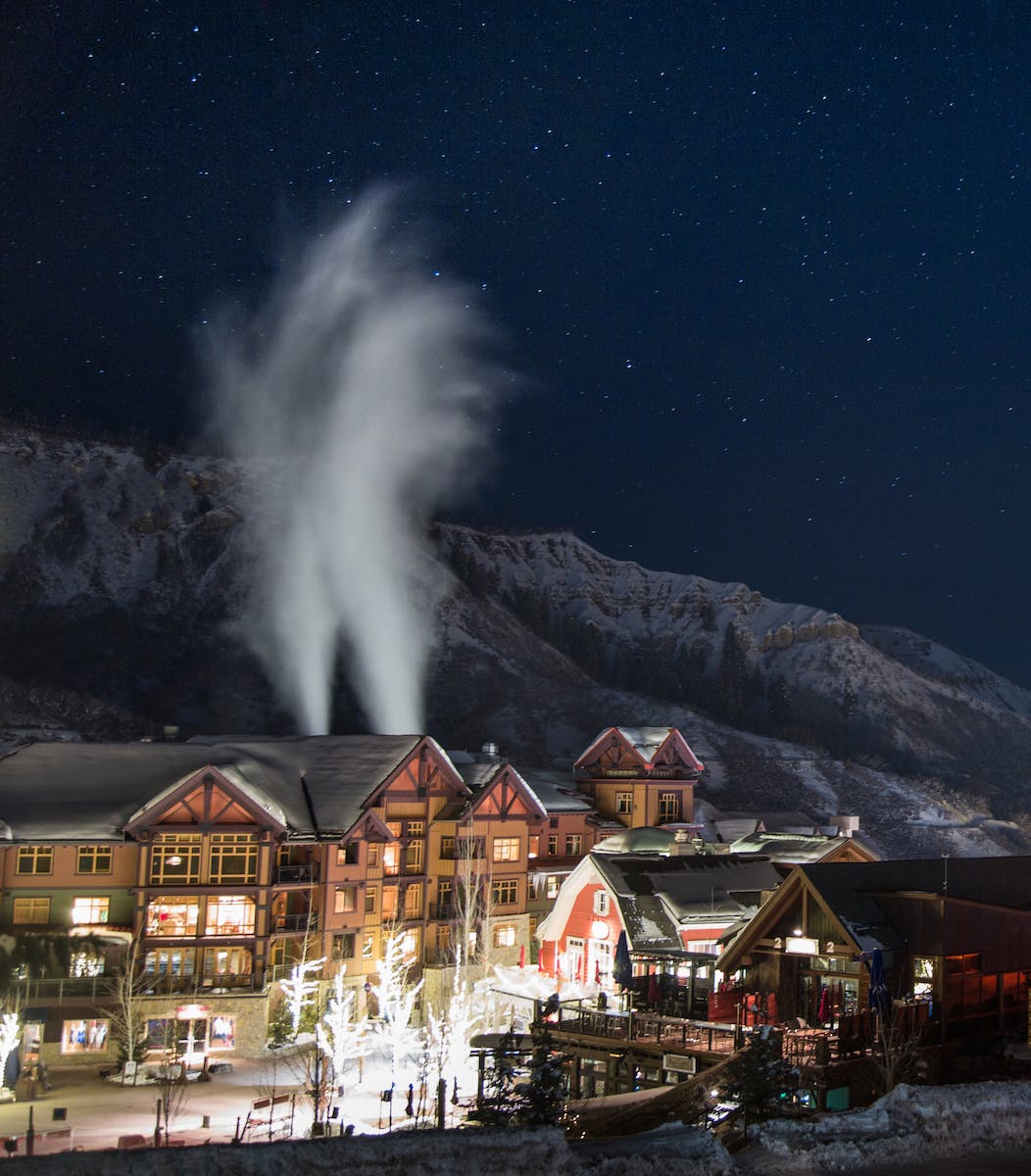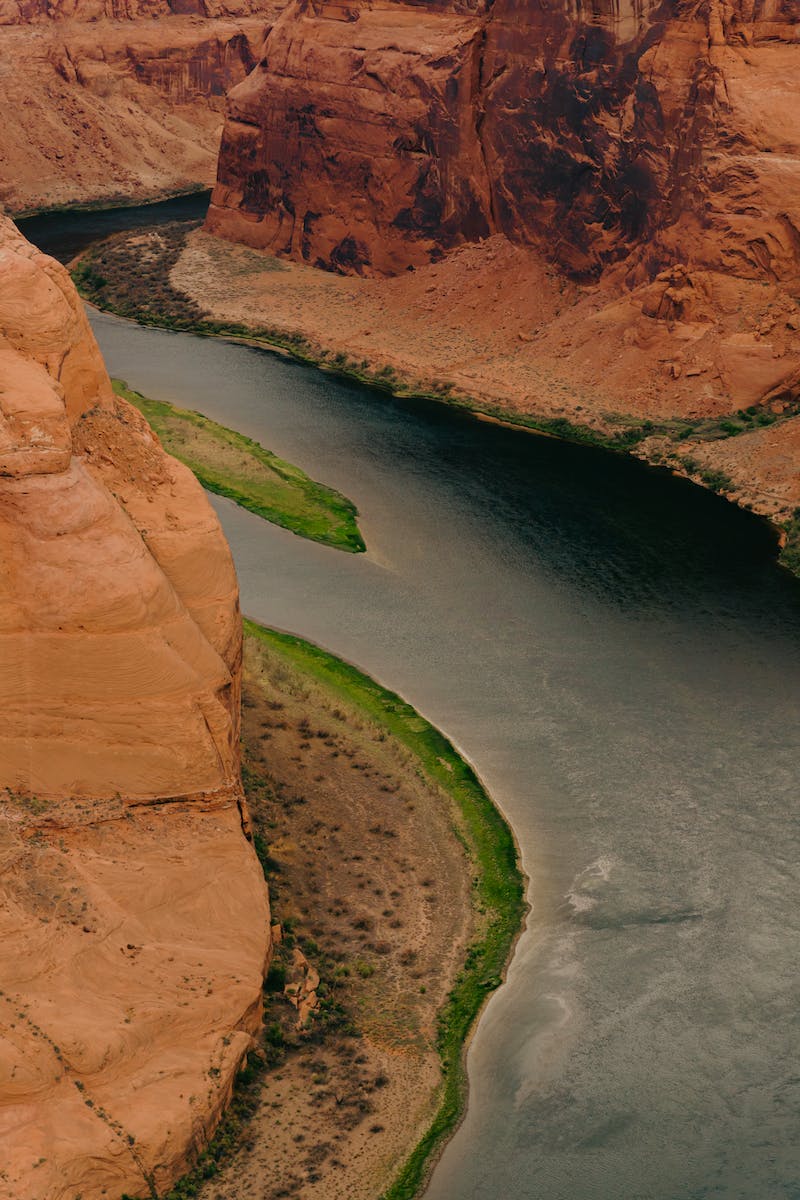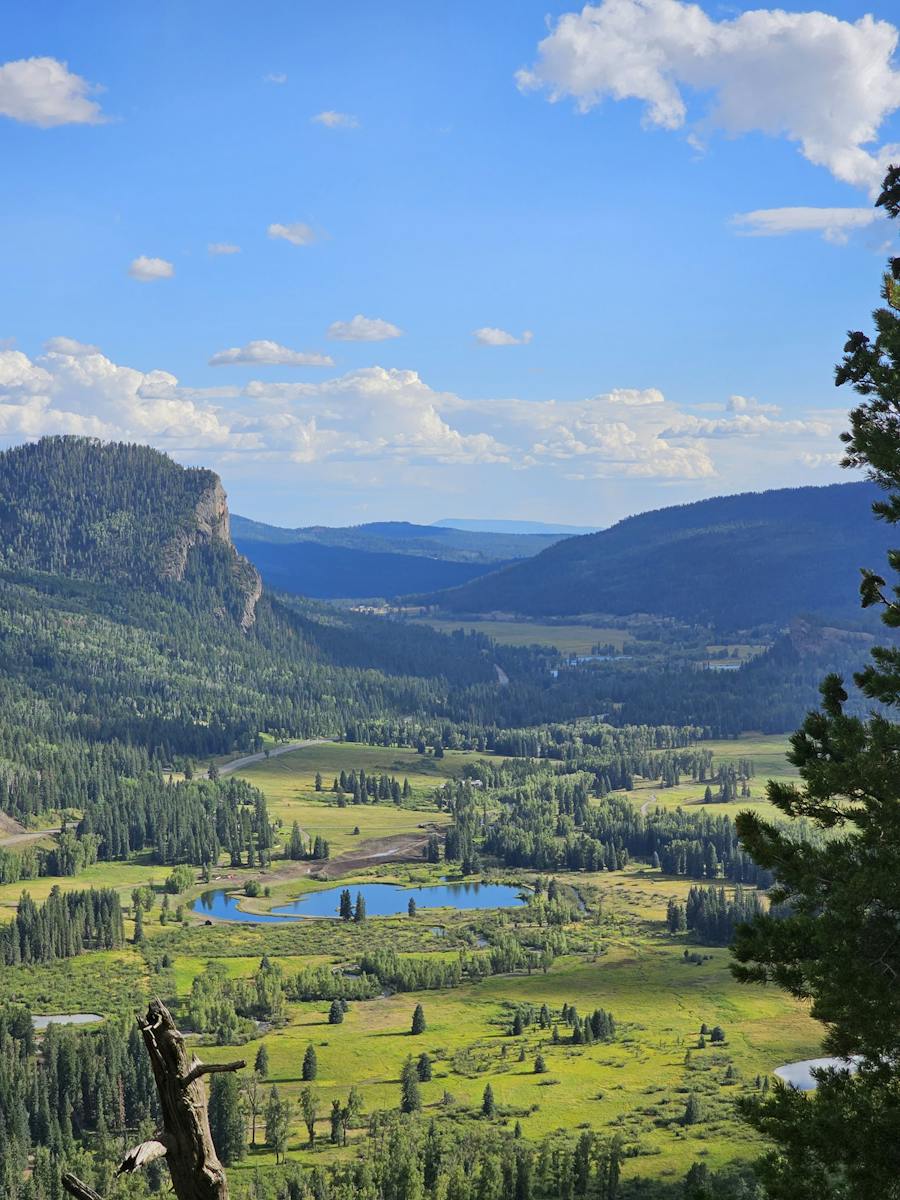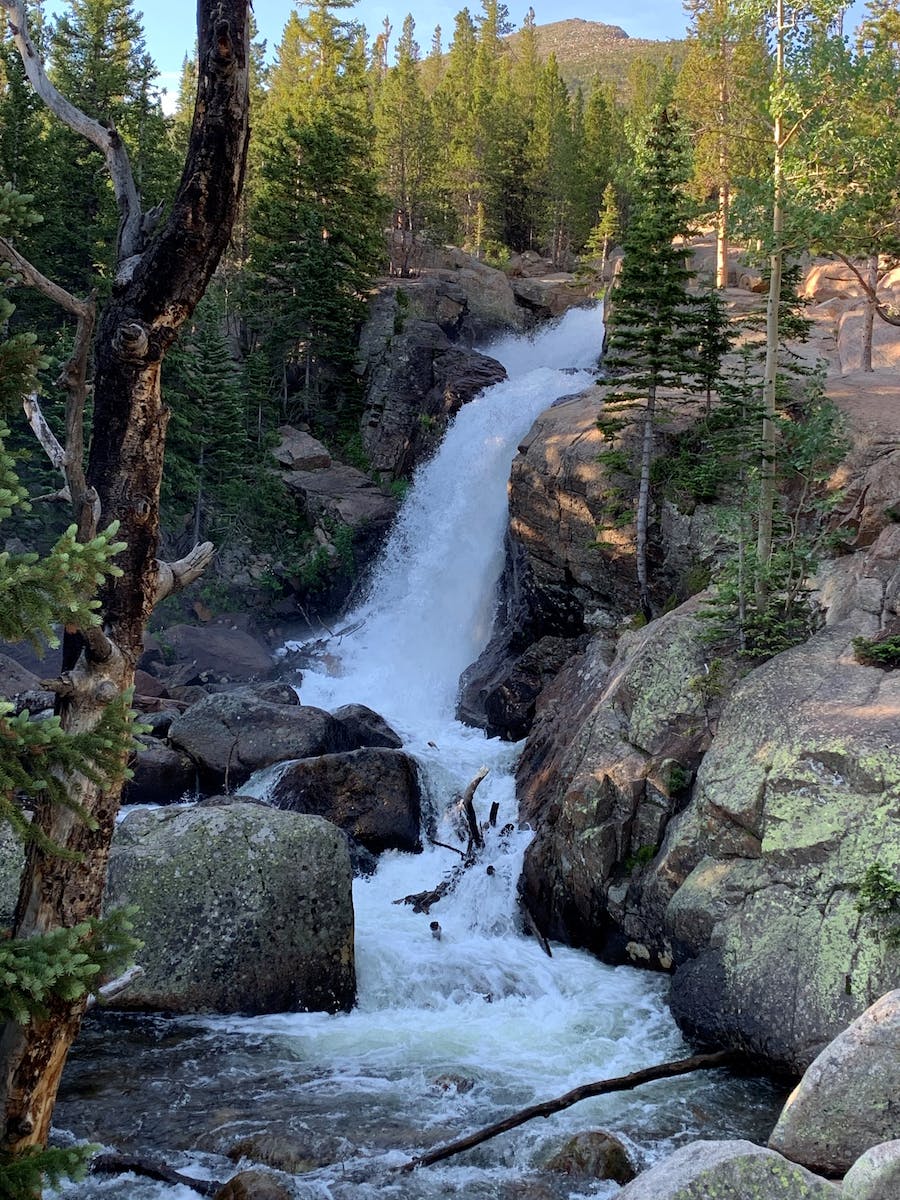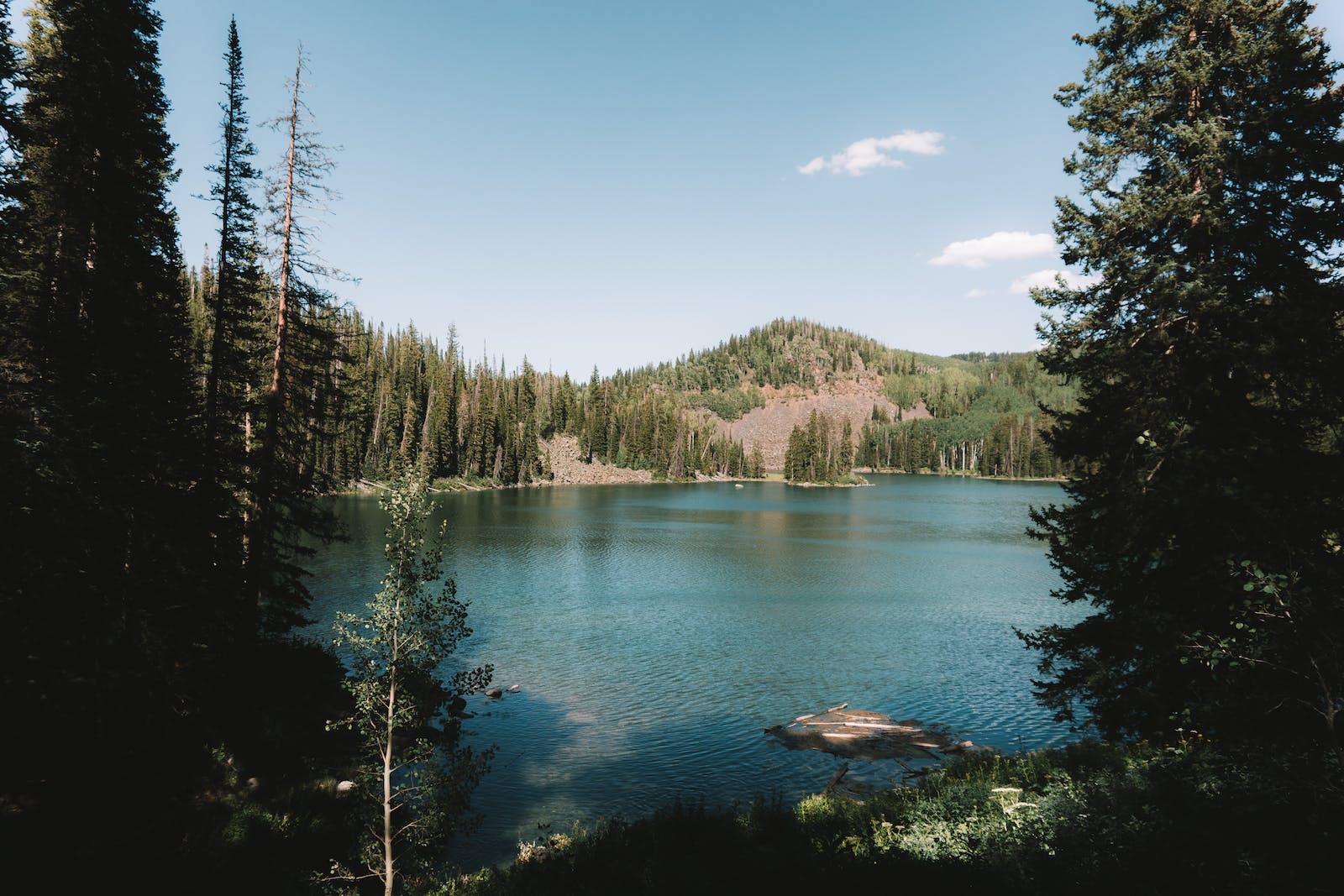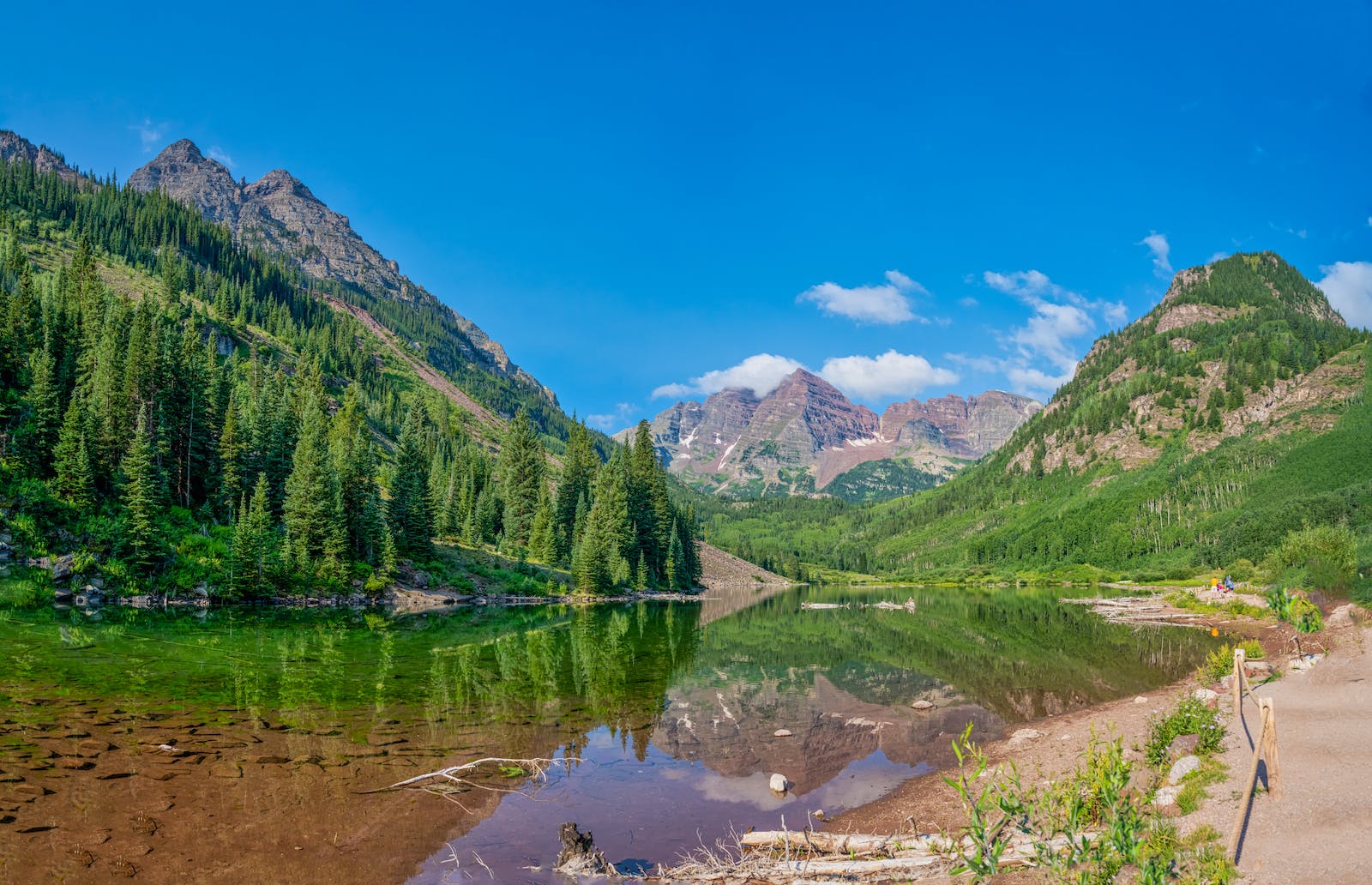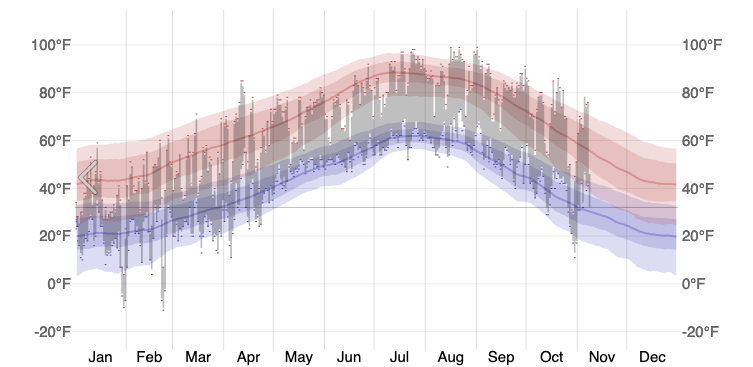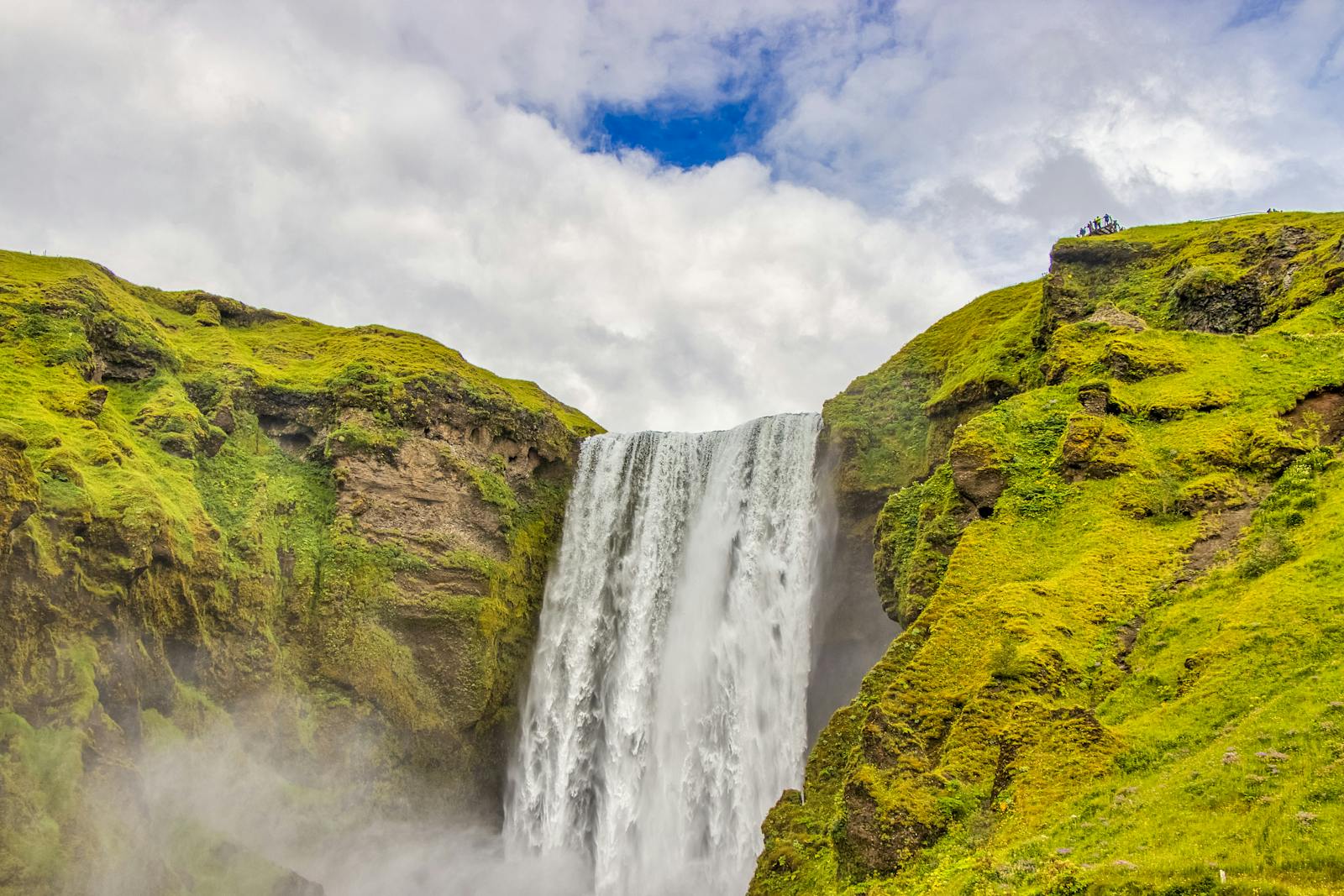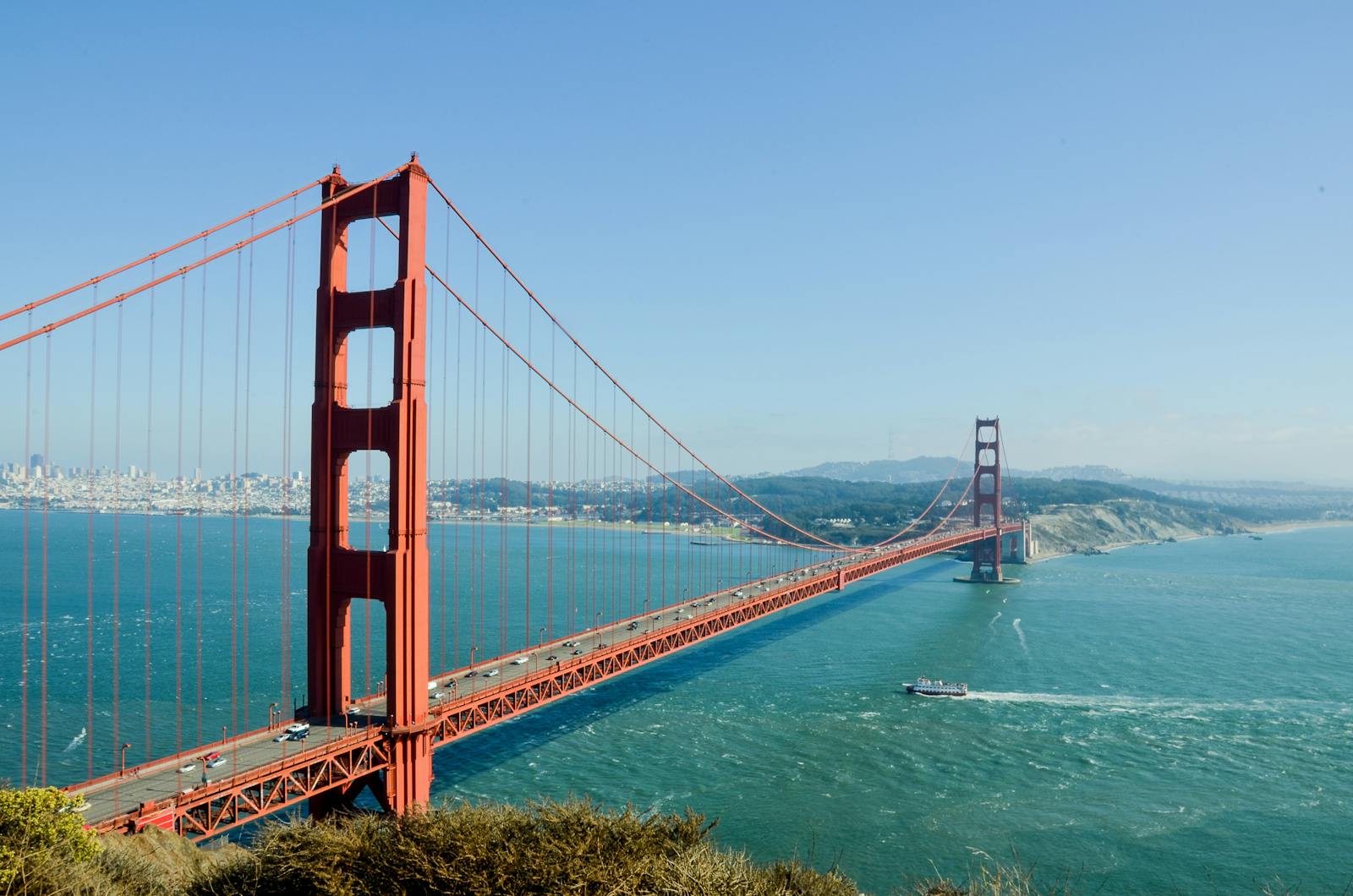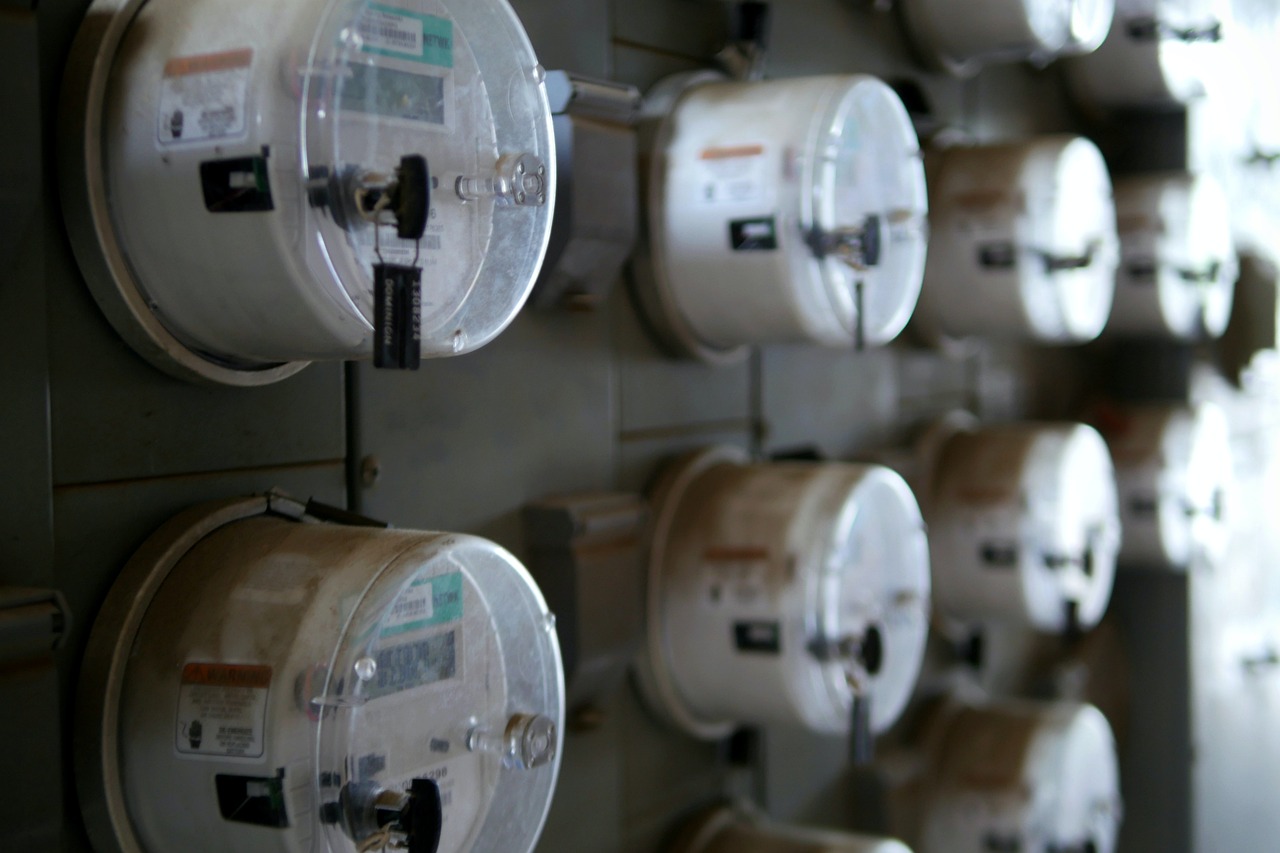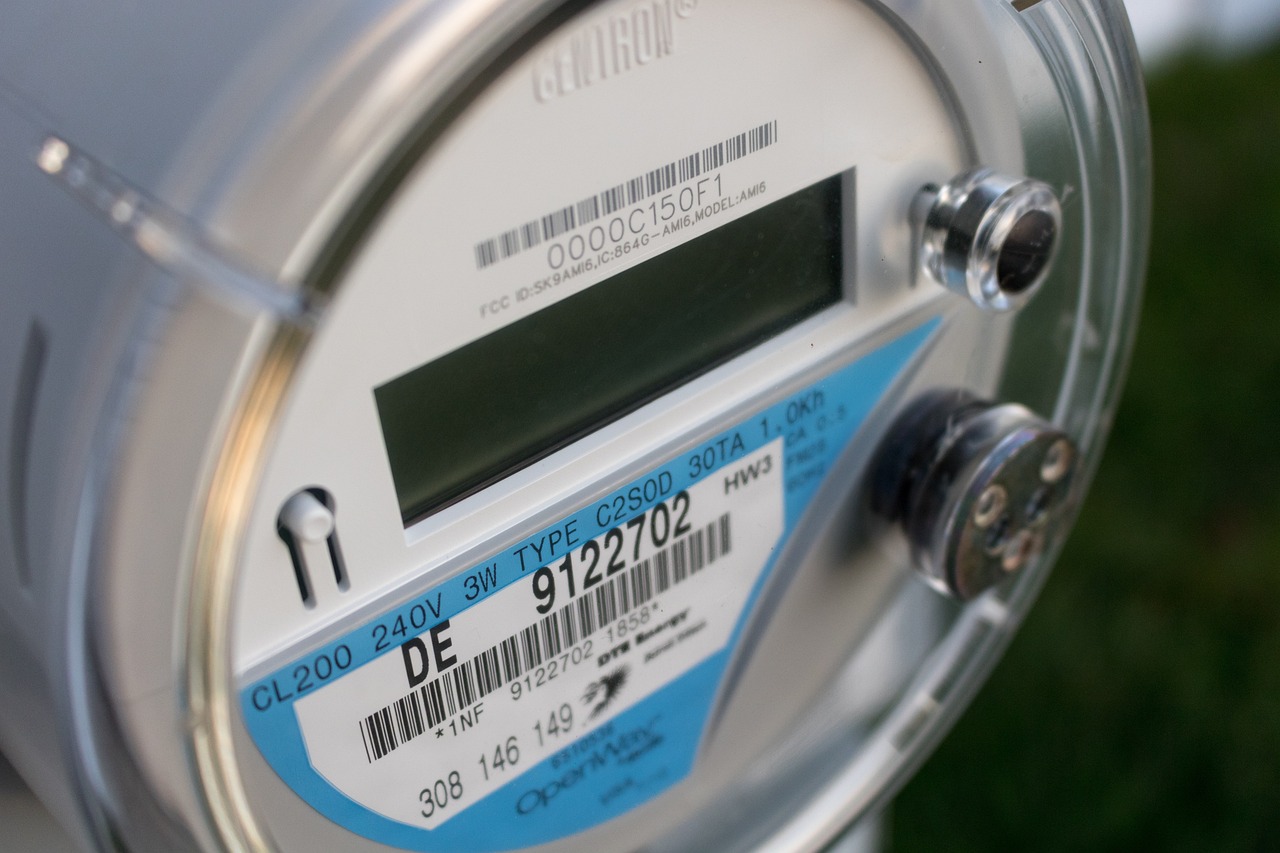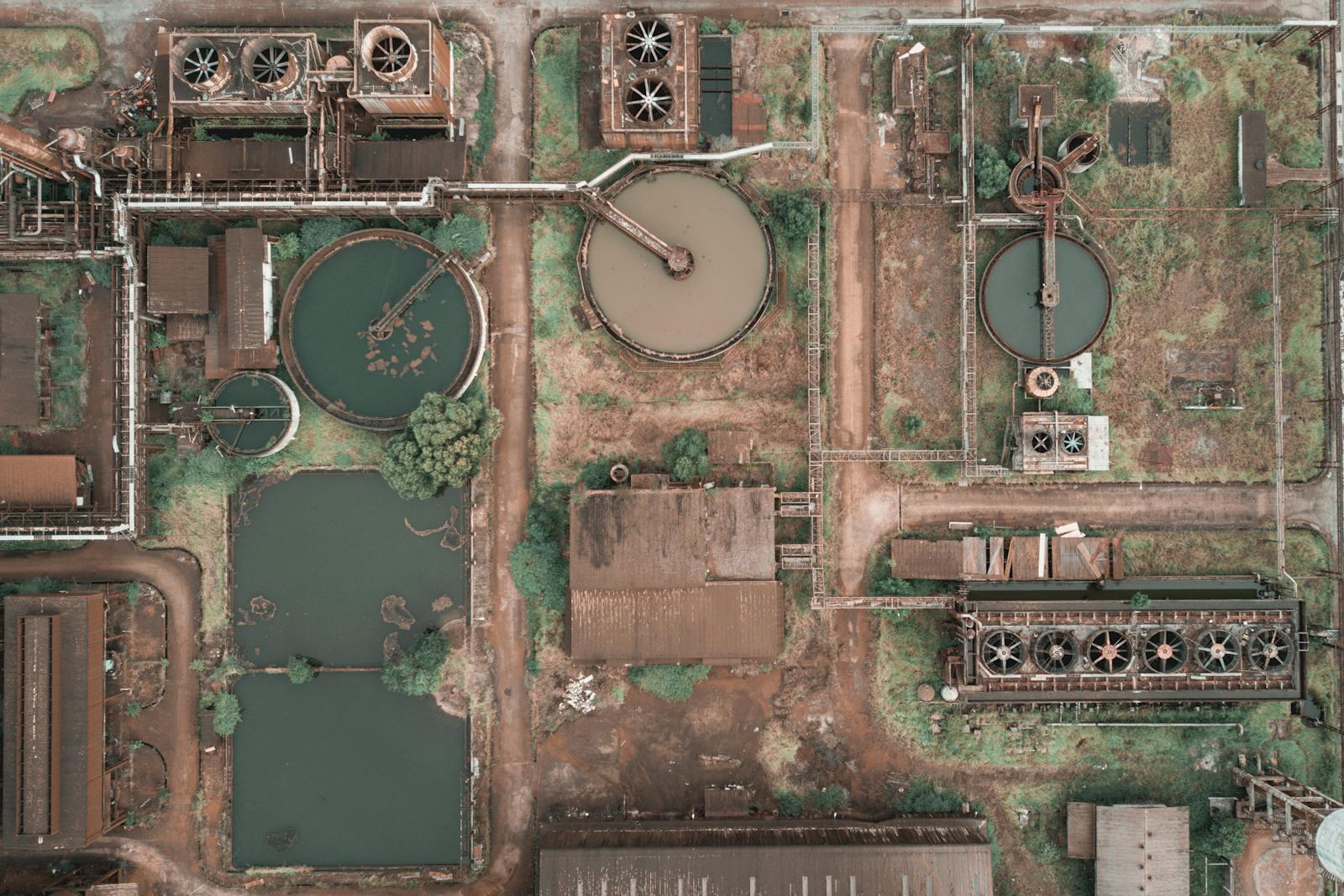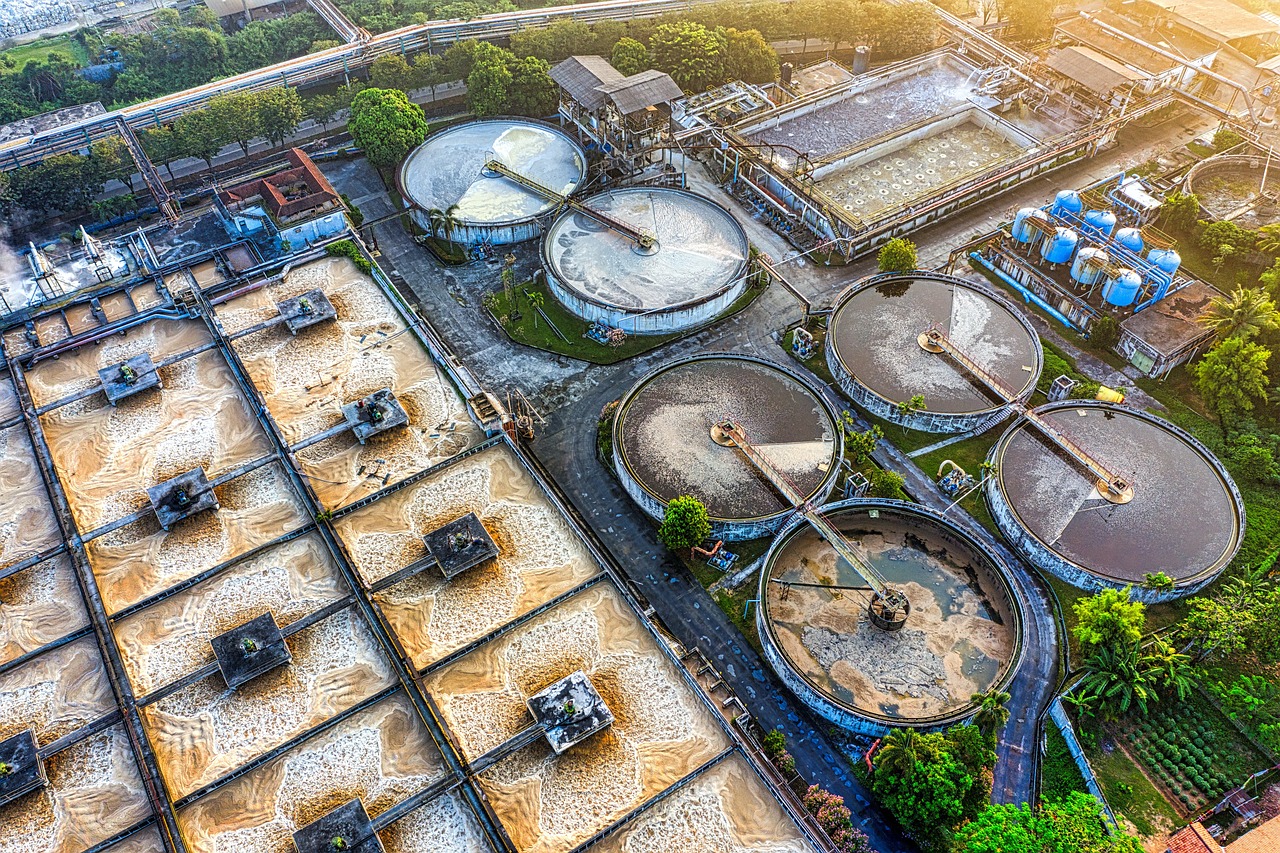Denver Water Insights
Overall Score
Explore a comprehensive resource of Denver water insights. From water management, to water quality and more.
Denver Water Insights
Overall Score
Explore a comprehensive resource of Denver water insights. From water management, to water quality and more.
Denver Water Insights
✅ Overall Score
🏙️ Urban Planning Score
🌊 Flood Zones Management
📏 Water Levels
🏞️ Lakes and Reservoirs
🏖️ Beaches Score
🔧 Water Technologies
🏭 Desalination Plants
🌧️ Rain Capture Systems
🏞️ Rivers Score
🌊 Dams Score
🚰 Drainage Score
🌿 Sustainability Score
🌡️ Climate Vulnerability Score
💦 Water Quality Score
🌊 Water Flow Score
⚖️ Water Rights Score
🎣 Fishing Score
🚣 Recreation Score
☁️ Weather Patterns Score
🐟 Aquatic Life Score
🚢 Shipping and Ports Score
🏗️ Infrastructure Score
🌱 Native Flora Score
🦆 Wetlands Score
🏡 Residential Water Use
🏢 Commercial Water Use
🏥 Public Health Score
🗺️ Geographic Features Score
🛑 Water Restrictions Score
📊 Water Usage Statistics
🌐 Global Impact Score
📚 Educational Programs Score
🤝 Community Engagement
🏆 Awards and Recognition
📜 Historical Sites Score
🚨 Emergency Preparedness
🌈 Water Conservation Score
🛒 Water Market Score
⛅️ Weather Now
🌍 Continent
North America
🚩 Country
United States of America, in the state of Colorado
👥 Population
Approximately 699,288
💧 Water Management System
Managed by Denver Water, providing service to the city and surrounding areas
🌊 Flood Zones
Special Flood Hazard Areas (SFHA) designated by FEMA include Zones A, AE, AH, AO. Areas like Sun Valley and Athmar Park are designated as high flood risk.
📏 Water Levels
Managed to balance urban demand and watershed health.
🏞️ Investing & Real Estate
✈️ Living & Working Remotely
🏞️ Lakes and Reservoirs
Offer outdoor activities like boating and fishing.
🏖️ Beaches
Found along lakes and reservoirs, such as Cherry Creek State Park. Checkout CoolContrast
🔧 Water Technologies
Include treatment plants and innovative water purification methods.
🏭 Desalination Plants
Not applicable in Denver’s water system due to ample freshwater sources.
🌧️ Rain Capture Systems
Permitted within state regulations for sustainable water use.
🏞️ Rivers
South Platte and Colorado rivers are crucial for Denver’s water supply.
🌊 Dams
Essential for water storage, flood control, and recreation.
🚰 Drainage Systems
Comprehensive urban drainage infrastructure in place.
🌿 Sustainability Initiatives
Denver Water promotes water-saving practices and offers rebates for efficiency.
🌡️ Climate Vulnerability
Plans for drought management and water augmentation in place.
💦 Water Quality Index
Denver maintains high standards for drinking water. Go to Tap Water to learn more.
🌊 Water Flow Rate
Flows of rivers and streams are closely monitored.
⚖️ Water Rights and Regulations
Governed by the Colorado Water Priority System.
🎣 Fishing Conditions
Denver offers diverse fishing opportunities in its water bodies.
🚣 Recreational Water Activities
Numerous water-based recreational activities available.
☁️ Weather Patterns
Characterized by a semi-arid climate, impacting water strategies.
🐠 Aquatic Life
Rivers and reservoirs in Denver support varied aquatic ecosystems.
🚢 Shipping and Ports
Not relevant due to Denver’s inland location.
🏗️ Water Infrastructure
Includes an extensive network of pipes, pumps, and treatment facilities.
🌱 Native Flora
Adapted to local water conditions and climate.
🦆 Wetlands
Provide natural filtration and habitat within the region.
🏡 Residential Water Usage
Managed for efficiency with incentives for low consumption.
🏢 Commercial Water Usage
Critical for Denver’s economy, with efforts to reduce the water footprint.
🏥 Public Health and Water
Ensured through stringent water quality monitoring.
🗺️ Geographic Features
Nestled against the Rockies, influencing its water resources.
🛑 Water Restrictions
Implemented as necessary to ensure sustainability.
📊 Water Usage Statistics
Monitored for planning and conservation.
🌐 Impact on Global Water
Efforts contribute to broader water conservation goals.
📚 Water Education Programs
Aimed at increasing awareness about water conservation.
🤝 Community Engagement in Water Conservation
Encouraged through local programs and rebates.
🏆 Awards and Recognition for Water Stewardship
Denver Water has been recognized for its management practices.
📜 Historical Water Sites
Include landmarks like the Moffat Tunnel and Cheesman Dam.
🚨 Emergency Water Preparedness
Plans and infrastructure in place for water-related emergencies.
🌈 Water Conservation Efforts
Active programs to reduce water waste.
🛒 Water Market and Economy
Water services are a significant economic contributor.
💼 Economic Impact of Water
Supports a range of sectors from residential to agricultural.
More on Denver Water Insights & Management
Get notified on new water management news, updates & advancements in Denver.
Shop Books, eBooks, Audiobooks

The Little Book on Hydration: The People’s Guide To Health, Vitality & Flow (Audiobook)

Water Wise: Sustainable Living in a Modern World
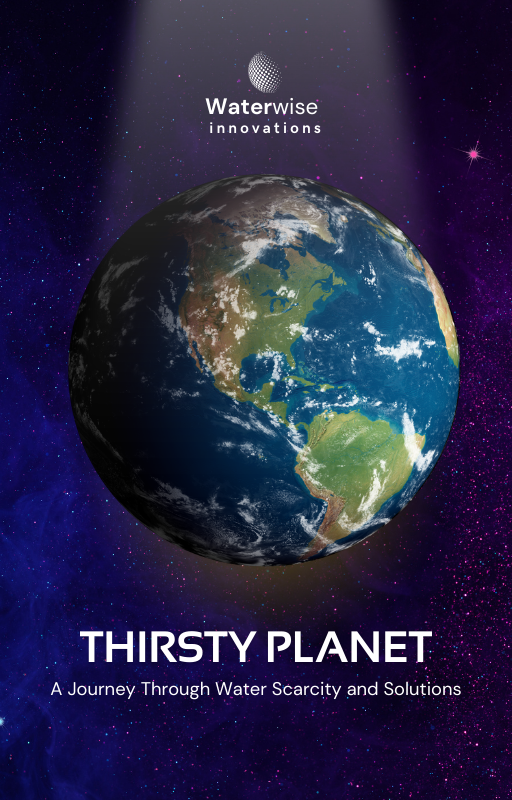
Thirsty Planet: A Journey Through Water Scarcity and Solutions
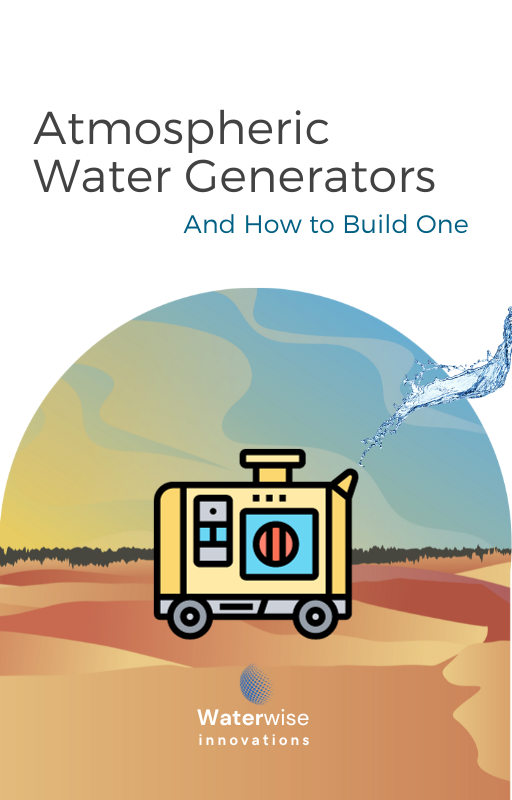
Atmospheric Water Generators: And How to Build One
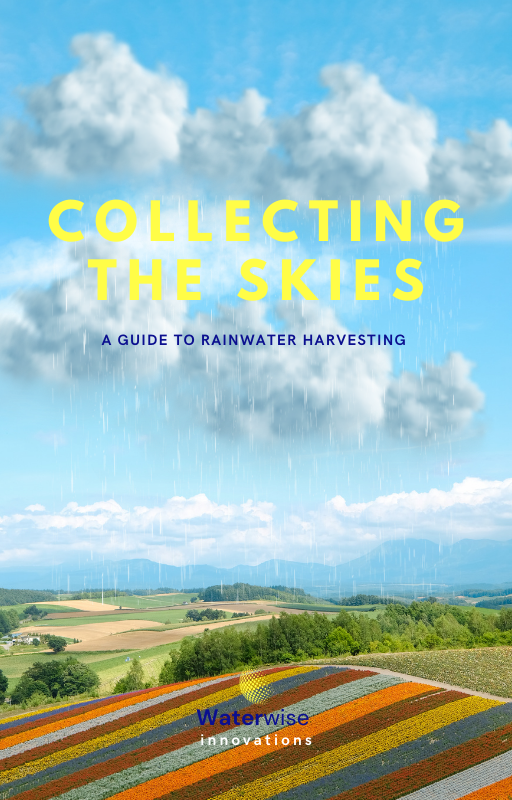
Collecting the Skies: A Guide to Rainwater Harvesting

The Little Book on Hydration: The People’s Guide To Health, Vitality & Flow
Denver Weather Right Now
Reviews of Denver Water Management
There are no reviews yet. Be the first one to write one.
There are no reviews yet. Be the first one to write one.





